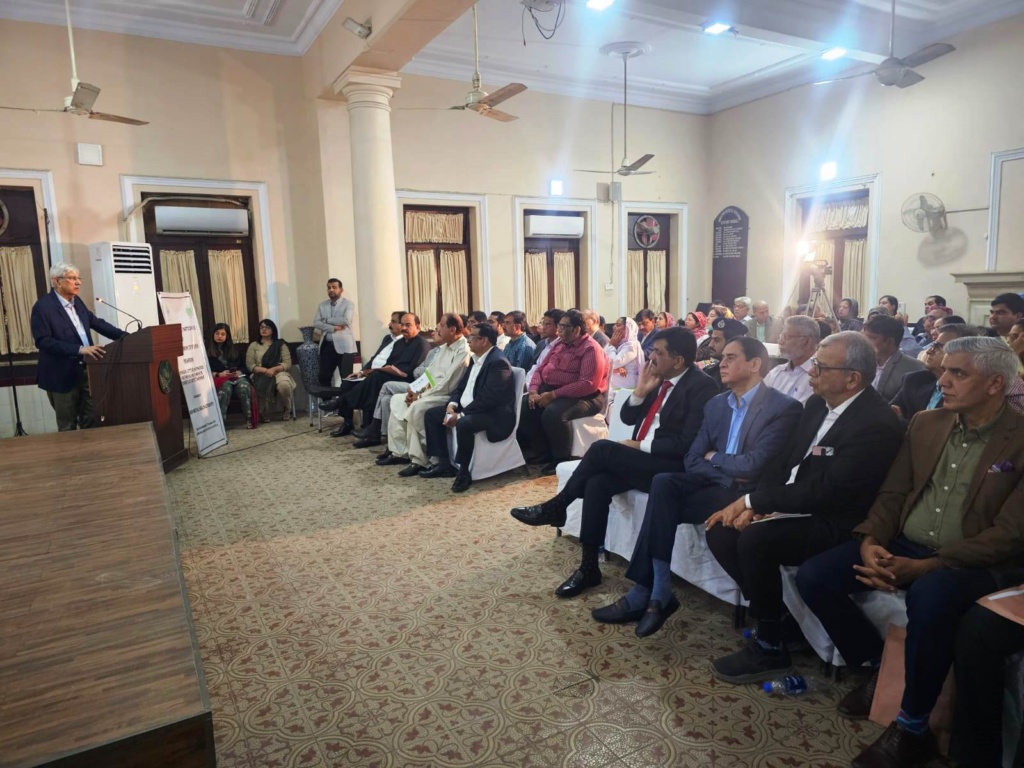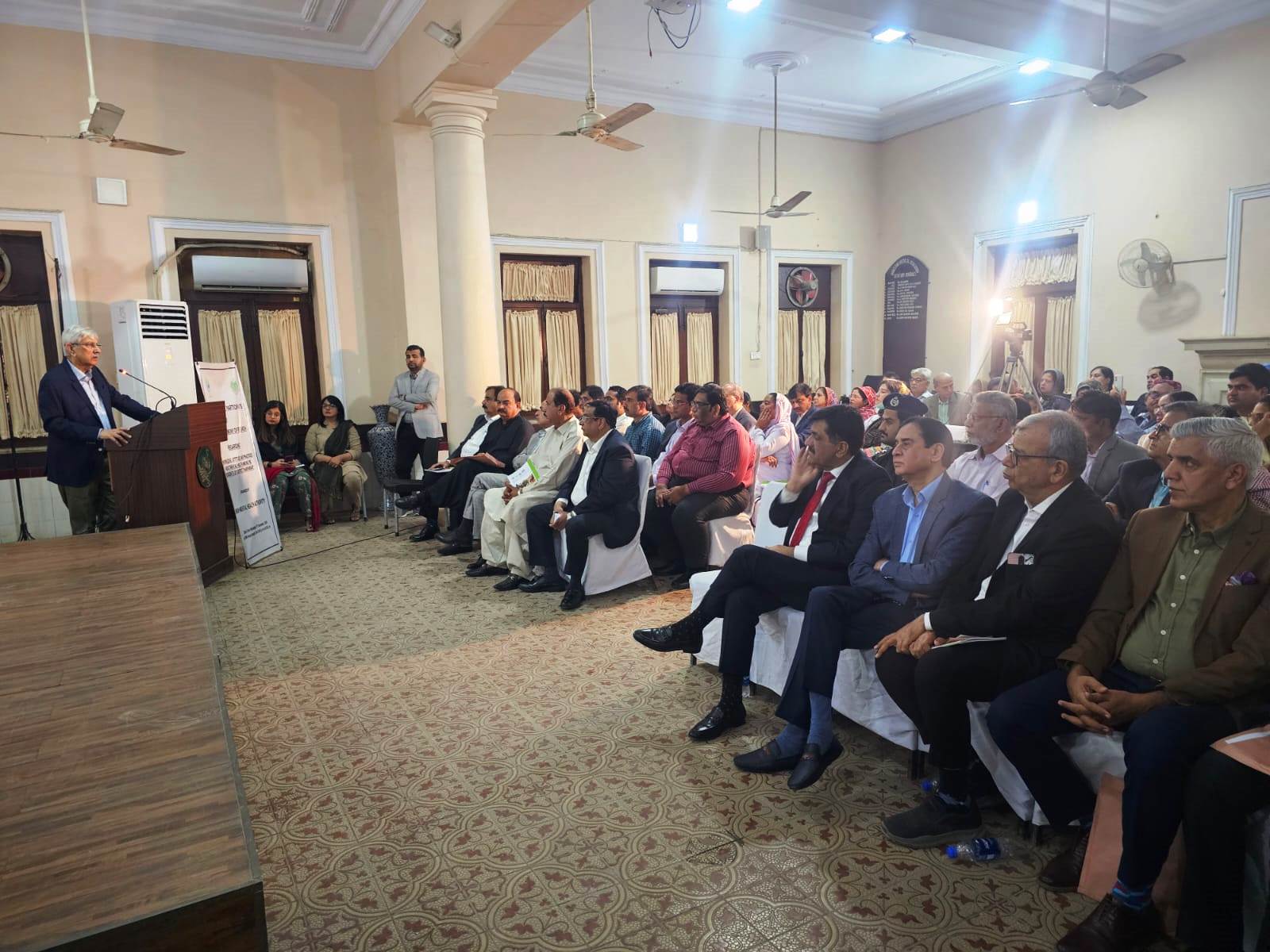
The Sindh Mental Health Authority (SMHA), in partnership with the Sindh Health Department, Liaquat University of Medical & Health Sciences (Jamshoro), Thar Foundation, and the Sir Cowasji Jehangir Institute of Psychiatry & Behavioral Sciences (Hyderabad), has completed a comprehensive research study titled “Knowledge, Attitudes, and Practices (KAP) Among the Residents of Tharparkar.” This landmark initiative reflects the commitment of SMHA Chairman Dr. Karim Ahmed Khawaja to prioritizing mental health research in Sindh.
The descriptive cross-sectional study, conducted between September and November 2024, spanned seven talukas of Tharparkar: Diplo, Mithi, Islamkot, Nangarparkar, Chachro, Dahli, and Kaloi. Data was gathered from a sample of 5,378 participants through structured interviews and questionnaires conducted by 250 trained Lady Health Workers (LHWs). The study’s analysis and presentation were led by Dr. Abdul Razzaque Nohri.
Key findings revealed that 52% of participants were aware of mental health issues. However, 35% attributed mental illnesses to past sins, 28% to supernatural causes, and 70% believed such illnesses were contagious. Family stigma was identified as a major barrier to seeking care, with 82% of participants citing it as a concern. Moreover, 88% expressed fear of interacting with individuals with mental health conditions. Financial constraints (28%) and lack of awareness about available services (16%) were significant barriers to care. Encouragingly, 60% of participants supported medical treatment for mental illnesses, with 89% willing to accept medications. However, only 36% believed recovery was possible, and while 84% were open to referring patients to psychiatrists, just 44% were willing to accompany them.
The study recommends addressing these challenges through targeted stigma-reduction campaigns, improving access to mental health facilities, tackling youth mental health issues, exploring drug dependence and genetic factors, enacting suicide prevention laws, and addressing socioeconomic issues like poverty and unemployment. Strengthened collaboration with stakeholders is also emphasized.
The study’s opening ceremony was recently held at PMA House in Karachi, with Prof. M. Saeed Quraishy, Vice Chancellor of Dow University of Health Sciences, serving as the Chief Guest. Attendees included key advisory and support team members such as Farhan Ansari (General Manager, Thar Foundation), Dr. Syed Zafar Mehdi (Secretary, SMHA), Dr. Lekh Raj Sarangani (DHO, Tharparkar), Dr. Harish Jagani (Civil Surgeon, Civil Hospital Mithi), Dr. Nisar Ahmed Sohoo (MS, Sir Cowasji Institute), and Dr. Bhagwandas (Deputy DHO, Tharparkar), along with members of the research team.
Dr. Karim Ahmed Khawaja emphasized that the findings set the stage for impactful policy interventions and mental health advocacy in Tharparkar. He also outlined a strategic plan to develop a sustainable and effective system to improve mental health services across Sindh.

